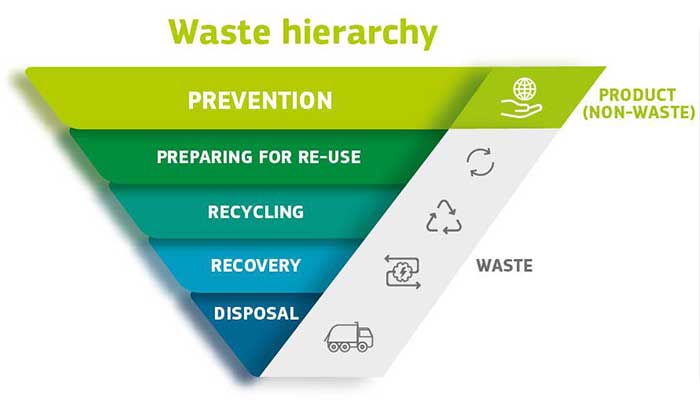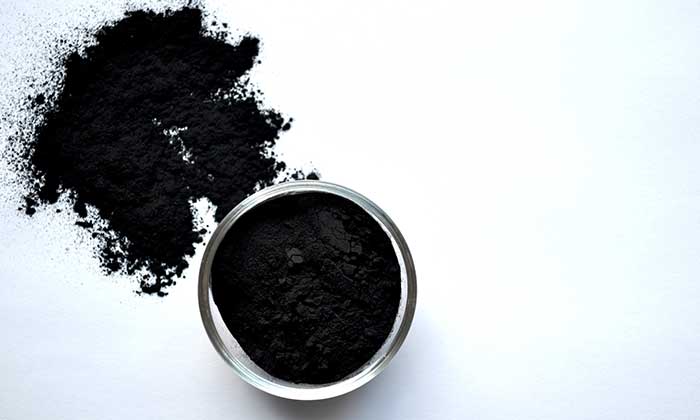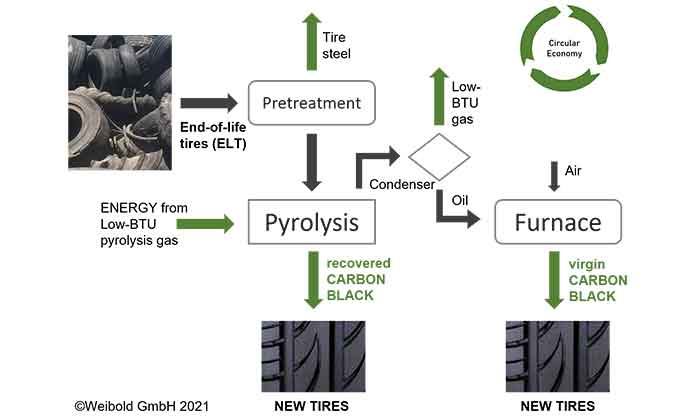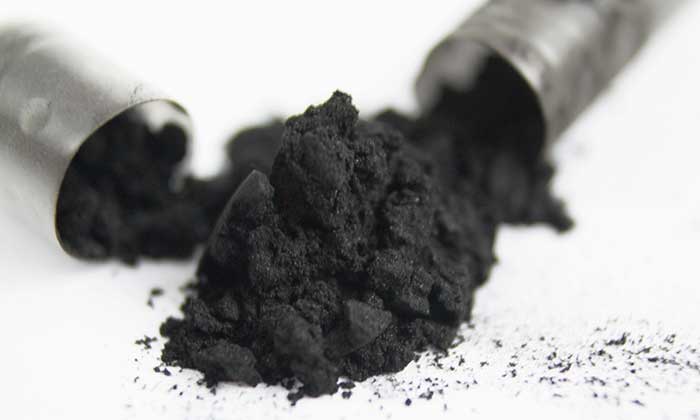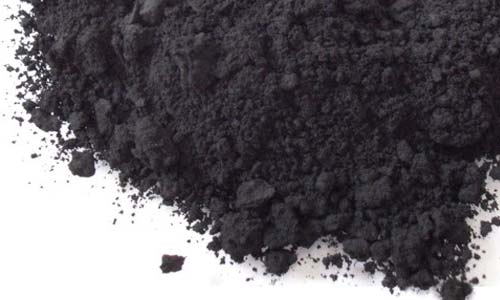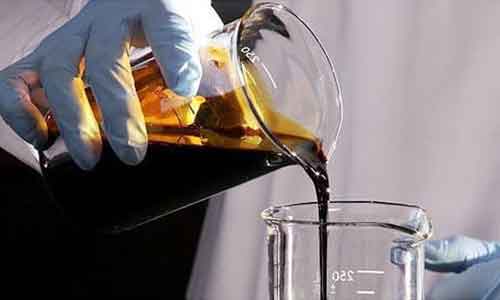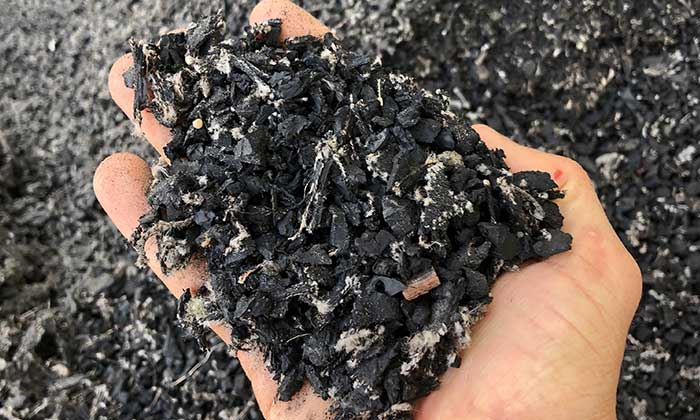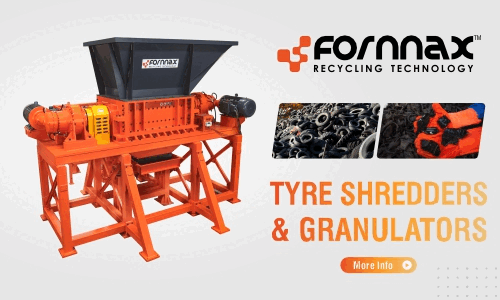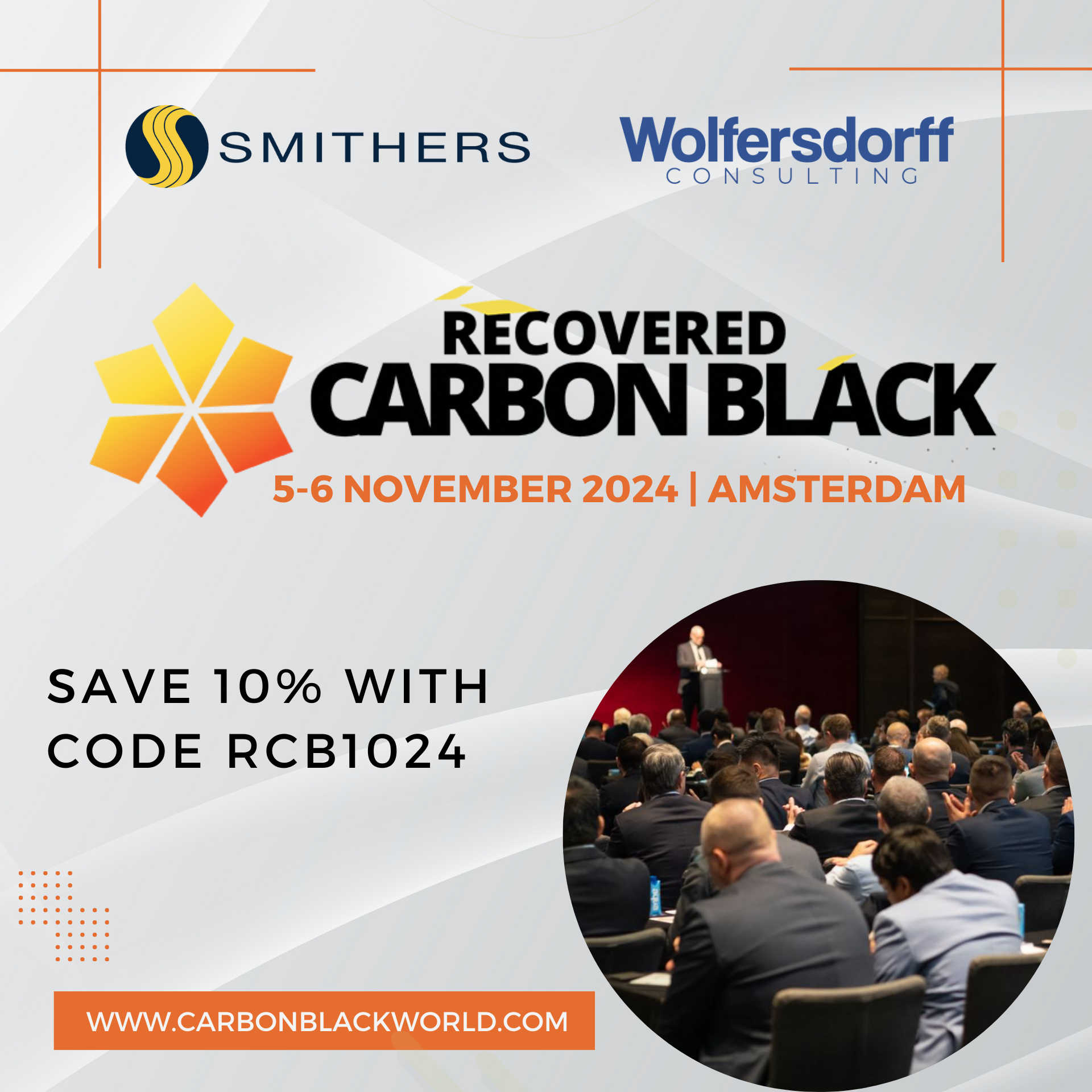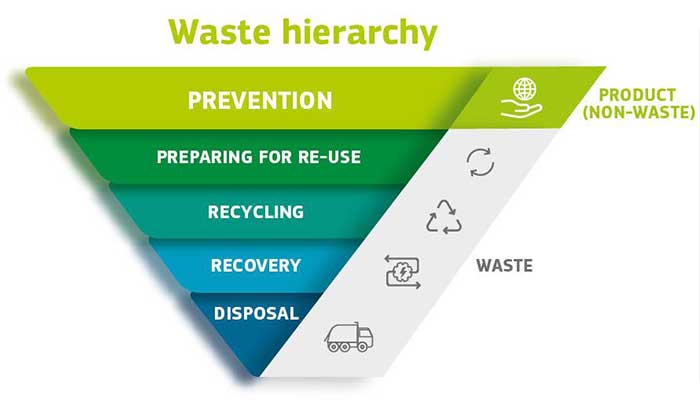
Weibold Academy: Regulatory issues in chemical recycling of end-of-life tires – factually confusing classification of pyrolysis
The European Tyre Recycling Association (ETRA) is hosting the three day event that will take place from Wednesday through to Friday 23 - 25 March 2022 at the NH Collection Hotel, Grand Sablon, Brussels. The Conference is the culmination of a year-long series of ETRA-led and supported activities and events that focused on market development and expansion for a broad array of recycled tyre materials, products and applications.



